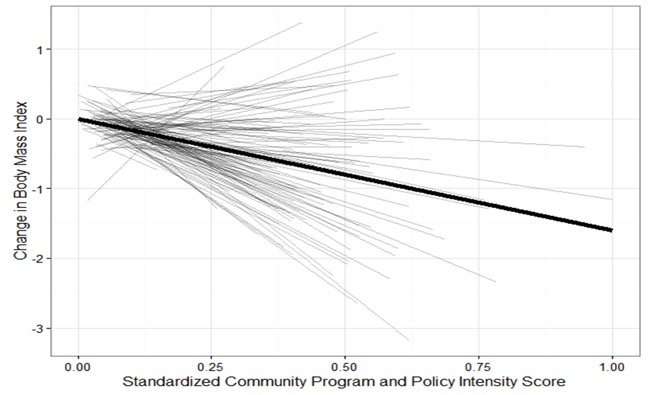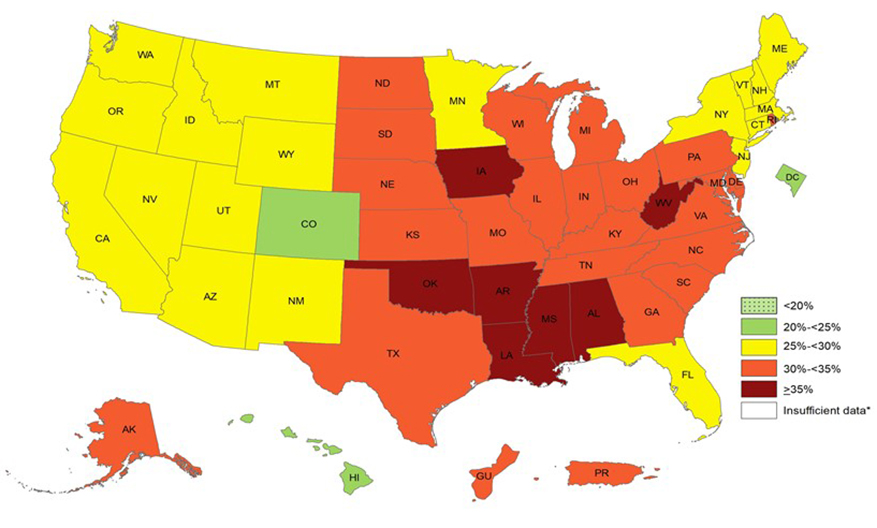
In July 2019, results of the Nemours Children’s Health System’s National Early Care and Education Learning Collaboratives (ECELC) project were published in the journal Preventing Chronic Disease. The ECELC project, funded by the Centers for Disease Control and Prevention (CDC), involved nearly 1,200 child care programs in 10 states. This collaborative is the largest of […]

In the United States, the percentage of children and adolescents with obesity has more than tripled since 1970. Today, approximately one in five school-aged children (ages 6 to 19) is obese, according to the Centers for Disease Control and Prevention—and that figure doesn’t include children who are considered merely overweight and not obese. According to […]

Breastfeeding is associated with a reduced risk of asthma and allergies in infants, but only about half of American mothers breastfeed their children through their first 6 months, according to the Centers for Disease Control and Prevention’s breastfeeding report card. Physical complications, such as insufficient milk supply, can discourage mothers from breastfeeding or expressing breast […]

We know breastfeeding protects infant and maternal health, saves the economy money, and, once it’s going smoothly, can be simpler, easier and cheaper than having to prepare formula. But getting to a place where it feels “smooth and easier” can be tough. Although many women start off breastfeeding, many drop off from doing it after […]

According to the Centers for Disease Control and Prevention, one in five U.S. school-age children and young people ages 6 to 19 years suffers from obesity, a tripling of such numbers since the 1970s. For individual children, genetics, eating and exercise all play a role in weight status—but the influence of a community’s design, programs […]

This month, the CDC released new data on self-reported adult obesity prevalence for all 50 states, the District of Columbia, Guam, and Puerto Rico. The 2017 Adult Obesity Prevalence Maps show that adult obesity prevalence across the country remains high and differs by race, ethnicity, and education. The data come from the Behavioral Risk Factor Surveillance […]

September is National Childhood Obesity Awareness Month. Obesity disproportionately affects minority children and children from low socio-economic status families. According to the Centers for Disease Control and Prevention, one in six children and adolescents residing in the United States of America is obese. That means that 18.5 percent of children are obese. This rate increases […]

A new report from the Centers for Disease Control shows that more U.S. mothers are breastfeeding, but that many stop nursing earlier than they should. Researchers found that of the babies born in 2015, 83.2 percent were breastfeeding after birth, 57.6 percent continued to nurse after 6 months and 35.9 percent were still going at […]

Centers for Disease Control and Prevention (CDC) researchers recently published an article in CDC’s Preventing Chronic Disease (PCD) journal on the associations between state-level guidance and the policies and practices in school districts regarding food and beverage marketing and promotion. State agencies play a critical role in providing school districts with guidance and technical assistance […]

